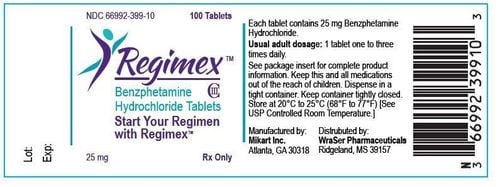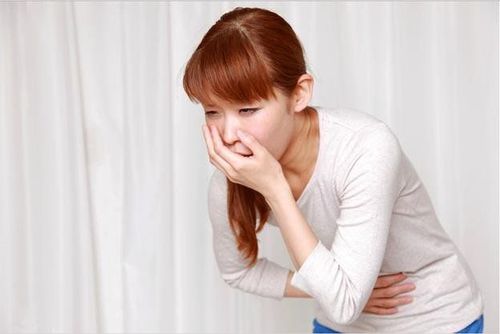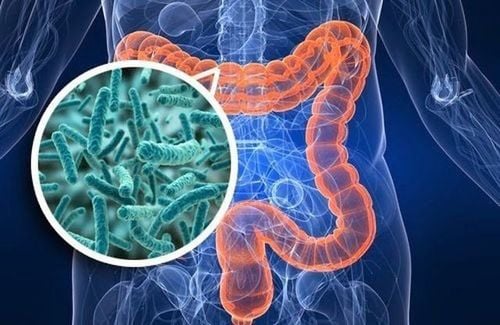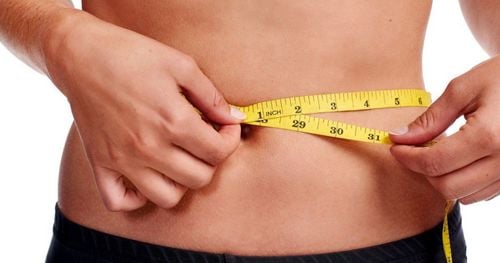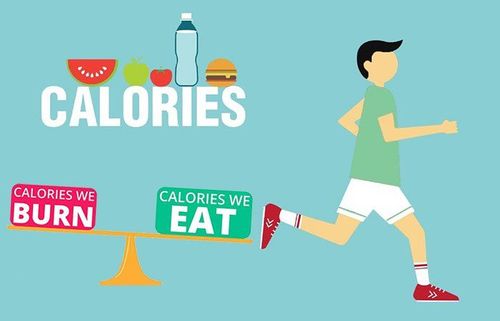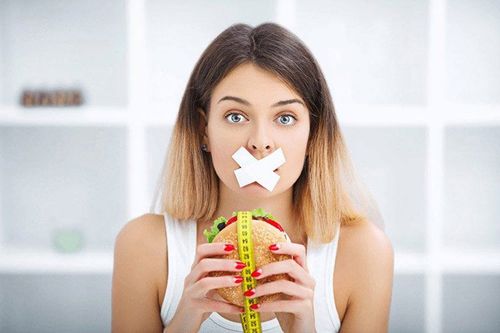This is an automatically translated article.
Fat loss diets are classified as fad diet plans. This approach recommends unnecessary supplements and excessive calorie restriction, leading to poor choices for long-term and sustainable weight loss.
1. Rating Score for Fat Loss Diet
Overall Score: 1.8 Weight loss: 2.5 Healthy eating: 1.75 Sustainability: 1.5 Whole body health: 1.5 Nutritional quality: 2.25 Evidence-based: 1.5 Fat loss diet as a way to cleanse the body for long term weight loss. This diet plan is popular among people who want to lose extra pounds quickly. However, claims that the plan will help detox the body, including cleansing the liver and advertising liquid meal replacement fat-burning supplements, and more, have been met with criticism from medical community.
2. How the Fat Loss Diet Works
The fat loss diet will have three different weight loss plans, including:
New fat loss plan: Detox and diet for long term weight loss The practitioner will drink 2 smoothies and a meal a day, plus snacks, for 2 weeks A long-term plan to help people maintain a healthy weight New fat loss plan is considered the most popular plan, consisting of four phases: Boost metabolism metabolism, eliminate flatulence and accelerate fat loss.
Extreme Fat Loss Correction in 3 Days: A form of detox where you only use vitamins and supplements for 3 days, meaning it sets the stage for effective weight loss. Fat loss over a 2-week period: For the next 2 weeks, dieters drank 8 glasses of watered cranberry juice and followed a low-calorie, low-carb diet. Metabolic Reset: During this phase, dieters reintroduce gluten-free carbs into their daily meals Lifestyle eating plan: This phase is aimed at maintenance long-term and long-term weight loss. In phases 2 to 4, dieters drink a cocktail each morning, consisting of cranberry juice, water, and ground flaxseed.
Fat loss dietary supplements include:
A vitamin-mineral supplement A recipe may contain a blend of herbs, amino acids, and vitamin GLA-90 (gamma acid). -linoleic), an omega-6 . fatty acid

Chế độ ăn kiêng giảm mỡ sẽ có ba kế hoạch giảm cân khác nhau.
3. Weight loss effect
Many people claim that the fat loss diet helped them lose weight, because the diet created a calorie deficit can both promote weight loss. What's more, this diet promotes weight loss methods like cutting back on refined carbs and added sugars, while increasing protein and fiber content. All of these have been linked to fat loss and improved body composition.
4. Possible Benefits of a Fat Loss Diet
Because the fat loss diet cuts out many foods that can negatively affect your health, including added sugars, refined carbohydrates, and processed foods, following this plan can may offer health benefits other than weight loss.
Weight loss in general can help lower blood sugar, blood pressure and blood lipid levels, which can help reduce the risk of disease. In addition, when following a fat loss diet that increases your intake of healthy fats, protein, and fiber can be beneficial for overall health. However, people can also gain these potential health benefits by following a healthy diet.
5. Some Cons of the Fat Loss Diet
Although following a fat loss diet can lead to weight loss, these methods can also lead to some health effects when applied.
First, fat loss diets rely on dramatic cuts in calories, leading to metabolic changes that can make it difficult to maintain long-term weight loss over a large period of time. towel. For example, a low-calorie restricted diet can lead to:
Loss of muscle mass Increased hunger Decreased daily calorie consumption These reasons why studies have consistently linked them with weight recovery over time.
The majority of health professionals agree that losing weight in such a short period of time is unhealthy and difficult to achieve in practice. This rapid weight loss will also likely lead to a loss of muscle mass, reducing the number of calories you burn daily. In addition, this excessive restriction can lead to negative side effects, such as:
Low energy Feelings of deprivation Headaches Irritability These reasons explain why most medical professionals Experts recommend only a small calorie deficit to achieve slow - but sustainable - weight loss while minimizing the metabolic changes that make long-term weight loss difficult to maintain.
In addition, the fat loss diet encourages people to use a variety of supplements, claiming the diet has fat burning and detoxification benefits. However, to date there is no scientific evidence to support the use of this diet.
Furthermore, some herbal supplements used in supplement formulations can be dangerous for people who are taking certain medications. For example, both dandelion and milk thistle can inhibit certain enzymes in the body and may interact with common medications.
In addition, a low fat diet suggests that potential weight gain factors such as hepatotoxicity, dysfunctional microbiota, parasites and low quality bile are among the major underlying causes of obesity. weight gain.
Although some of these factors are based on research findings, such as the association between altered microbiota and obesity, most of the claims are completely meaningless. base.
Through analysis, this fat loss diet is quite expensive and unnecessary. There are other affordable, evidence-based ways to promote healthy, sustainable weight loss that don't involve excessive calorie restriction, detoxification, or cleansing. .

Chế độ ăn kiêng giảm mỡ sẽ giúp giảm cân nhưng có thể ảnh hưởng đến sức khỏe.
6. Foods to eat and avoid when applying a fat loss diet
During the 2 weeks of phase 1 of the fat loss diet, the following foods should be avoided:
Foods with added sugars and artificial sweeteners Caffeine Alcohol Cereals, bread, pasta , starches Dairy products Processed foods or fast foods Trans fats, processed vegetable oils and fried foods During the 2-week period of the low-fat diet, these foods are recommended. Recommended uses include:
Vegetables with little or no starch: Broccoli, spinach, tomatoes, eggplant, etc. Protein: Usually found in foods like eggs (up to 2 per day), chicken, shrimp, cod, whey protein, etc. Fruit: Grapefruit, orange, apple, strawberry, etc. Additional herbs and spices are used such as: Cayenne pepper, cumin, cinnamon, ginger, etc. Flax oil: One tablespoon twice daily
7. Sample menu for fat loss diet
Before breakfast: 227ml hot water with lemon juice
Breakfast: Asparagus and mushroom omelette
Lunch: Salmon with lemon and garlic, broccoli and mixed salad
Dinner: Beef and vegetable scones
Snacks: 1/2 grapefruit, 1 apple
Fat loss diet is seen as a diet that encourages the use of restrictive dietary methods to promote rapid weight loss. Some of the cornerstones of the diet, such as cutting back on added sugars and reducing refined carbs, are supported by research. However, the unnecessary use of supplements and the promotion of a low-calorie diet make this plan a bad choice for long-term and sustainable weight loss. If you're looking to achieve and maintain a healthy body weight, see your doctor or a professional who has the same knowledge as a dietitian so that a plan can be tailored to your needs and lifestyle. your particular life.
Please dial HOTLINE for more information or register for an appointment HERE. Download MyVinmec app to make appointments faster and to manage your bookings easily.
Reference source: healthline.com



